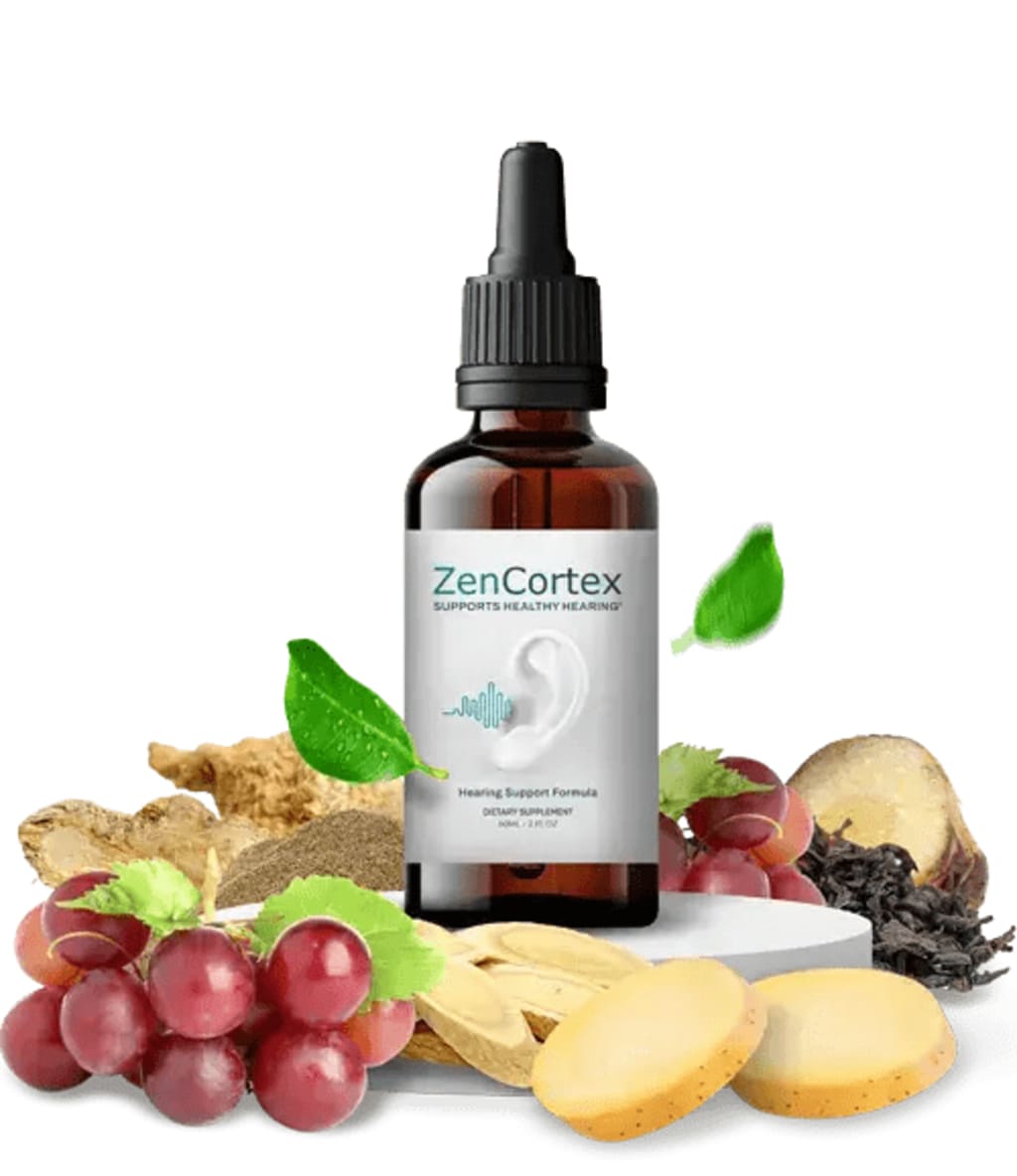Natural Tinnitus Supplements
Tinnitus relief

Tinnitus is the perception of ringing, buzzing, hissing, or clicking sounds in one or both ears in the absence of an external sound source. It's a surprisingly common condition, affecting millions of people worldwide. While there's no cure for tinnitus, there are treatments and strategies to help manage the symptoms and improve quality of life.
Traditional tinnitus treatment options can include sound therapy devices, masking noises that compete with the tinnitus perception, or cognitive-behavioral therapy to help manage the emotional impact of the condition. However, some people are interested in exploring more natural approaches, leading to the rise of natural tinnitus supplements.
Can Natural Supplements Help With Tinnitus?
It's important to be upfront: there's currently no scientific consensus on the effectiveness of natural supplements for treating tinnitus. Many studies haven't shown conclusive evidence for widespread use.
However, this doesn't necessarily mean natural supplements are completely without merit. Some ongoing research suggests potential benefits for certain supplements, particularly in improving blood flow or overall nervous system health, which might indirectly influence tinnitus perception.
Let's remember, tinnitus can arise from various underlying causes. While a supplement might improve blood flow, this might not address the root cause of tinnitus in everyone. It's crucial to consult a doctor to explore the potential causes of your tinnitus and discuss suitable treatment options.
Common Natural Supplements for Tinnitus
While there's no magic bullet cure for tinnitus, some people explore natural supplements hoping to find relief. It's important to remember that research on these supplements for tinnitus is ongoing, and the evidence for their effectiveness is often inconclusive. However, some commonly explored options might offer indirect benefits by improving blood flow, nerve function, or sleep quality, which can influence tinnitus perception.
Here's a closer look at some popular natural supplements for tinnitus:
Ginkgo Biloba:
Description: Extracted from the leaves of the ginkgo tree, this supplement is known for its antioxidant and circulatory properties.
Potential Benefits: Ginkgo might improve blood flow to the inner ear, which, in theory, could reduce tinnitus symptoms in some cases.
Safety Considerations: While generally safe, Ginkgo can cause headaches, dizziness, and stomach upset. It can also interact with certain medications, so consult a doctor before taking it.
Zinc:
Description: This essential mineral plays a role in various bodily functions, including nerve signaling.
Potential Benefits: Zinc deficiency might be linked to tinnitus in some cases. Supplementation might offer limited benefit, but more research is needed.
Safety Considerations: Generally safe in recommended doses, excess zinc can cause side effects. Consult a doctor before taking it, especially if you have underlying health conditions.
Magnesium:
Description: Crucial for nerve and muscle function, magnesium deficiency has been linked to tinnitus in some studies.
Potential Benefits: Magnesium may improve sleep quality and reduce stress, which can indirectly influence tinnitus perception.
Safety Considerations: Generally safe in recommended doses, but excess magnesium can cause diarrhea. Consult a doctor before taking it, especially if you have kidney problems.
Vitamin B12:
Description: An essential B vitamin for nervous system health, B12 deficiency can cause various neurological symptoms, including tinnitus in some cases.
Potential Benefits: If a B12 deficiency is present, supplementation might be helpful in managing tinnitus symptoms.
Safety Considerations: Generally safe in recommended doses. Consult a doctor if you suspect a B12 deficiency.
Melatonin:
Description: This hormone naturally produced by the body regulates sleep-wake cycles.
Potential Benefits: Melatonin may improve sleep quality, which can indirectly help manage tinnitus symptoms by reducing stress and improving overall well-being.
Safety Considerations: Generally safe in recommended doses, but melatonin may cause drowsiness or interact with certain medications. Consult a doctor before taking it.
Important Considerations Before Taking Supplements
While natural supplements might seem like a readily available option for tinnitus, there are important considerations before taking them:
Consult a Doctor First: This is critical. A doctor can help identify the underlying cause of your tinnitus and recommend the most appropriate treatment approach. They can also advise on potential interactions between supplements and any medications you're taking.
Addressing the Underlying Cause: If possible, treating the underlying cause of tinnitus is ideal. For example, if tinnitus is due to earwax buildup, removing the wax can significantly improve symptoms. Focusing on root causes can provide more lasting relief than managing symptoms alone.
Supplement Interactions: Supplements can interact with certain medications, potentially causing adverse effects. Always discuss any supplements you're considering with your doctor to ensure they are safe for you.
Alternative Approaches to Managing Tinnitus
While natural supplements might be part of a holistic approach, it's important to explore other non-supplemental strategies for managing tinnitus:
Stress Management Techniques: Chronic stress can worsen tinnitus perception. Techniques like meditation, yoga, and deep breathing exercises can help manage stress and potentially improve tinnitus symptoms.
Sound Therapy: This involves using external sounds to mask or compete with the tinnitus perception. White noise machines, nature sounds, or music therapy can be helpful tools.
Hearing Aids with Tinnitus Masking Features: Modern hearing aids often come equipped with tinnitus masking features. These features generate low-level sounds that help mask the tinnitus perception, offering relief for some users.
⋙ Check Out The Product Here ⋘
Conclusion
Tinnitus can be a frustrating and challenging condition. While natural tinnitus supplements have garnered interest, the current scientific evidence for their effectiveness is limited. Consulting a doctor is crucial to explore the underlying cause of your tinnitus and discuss suitable treatment options. They can advise on the safety and potential interactions of any supplements with your current regimen.
Remember, managing tinnitus often involves a multi-pronged approach. Combining non-supplemental strategies like stress management techniques, sound therapy, or hearing aids with tinnitus masking features, might offer more comprehensive relief.






Comments
There are no comments for this story
Be the first to respond and start the conversation.